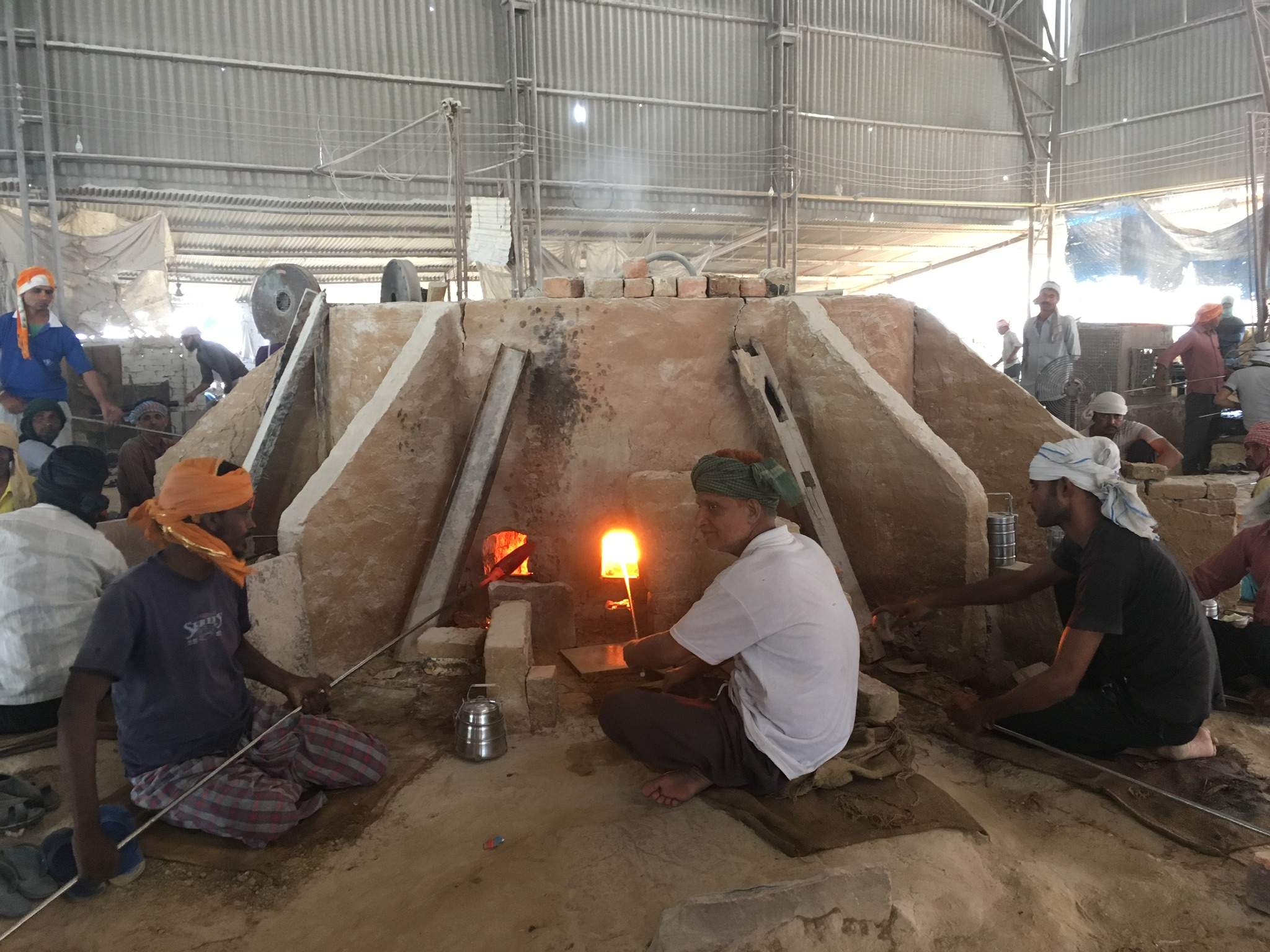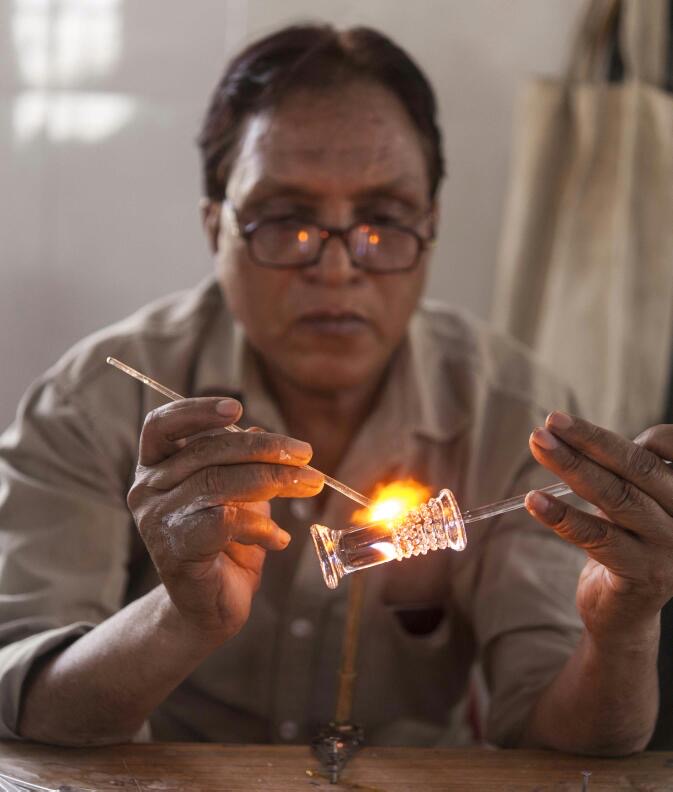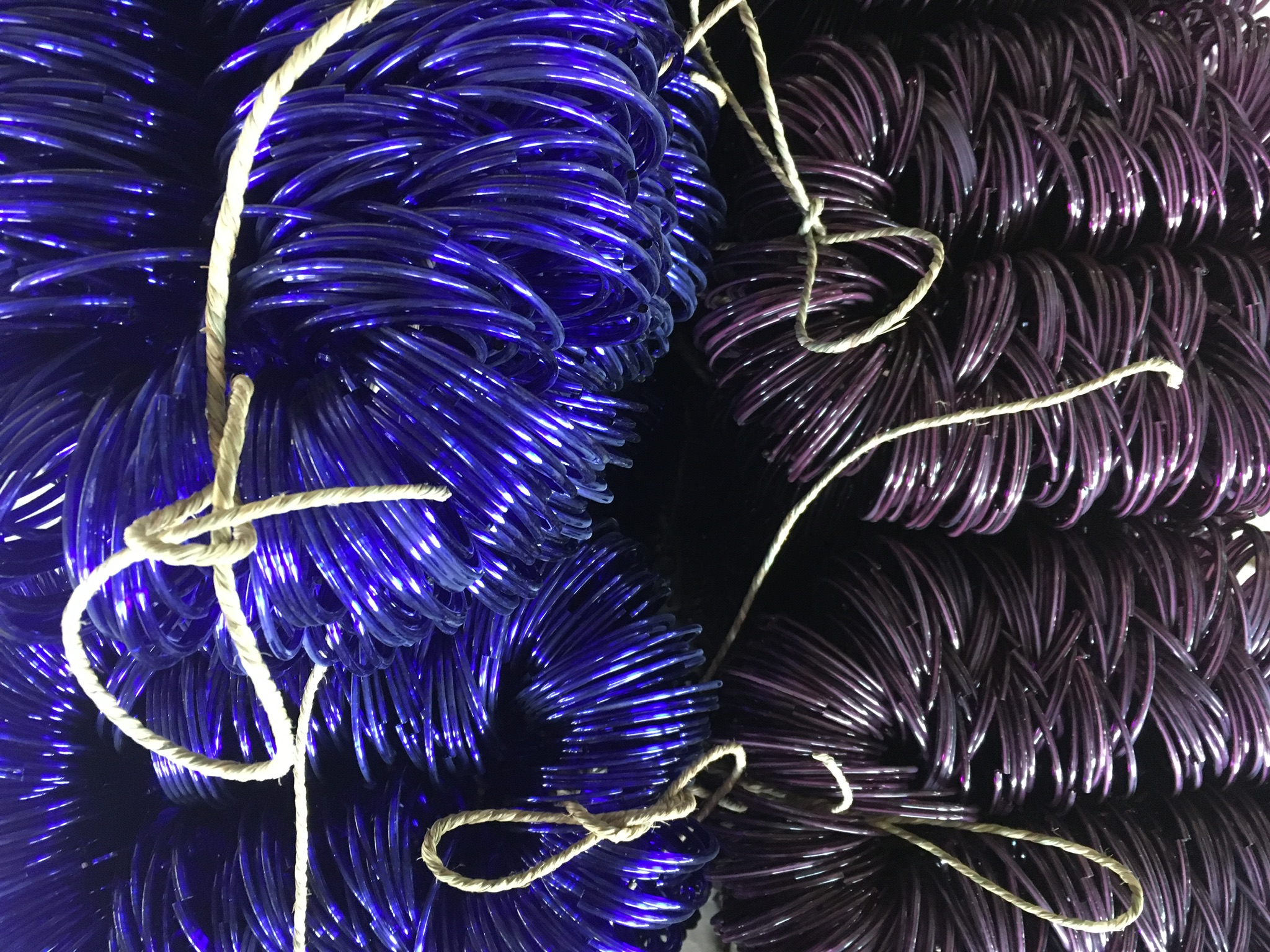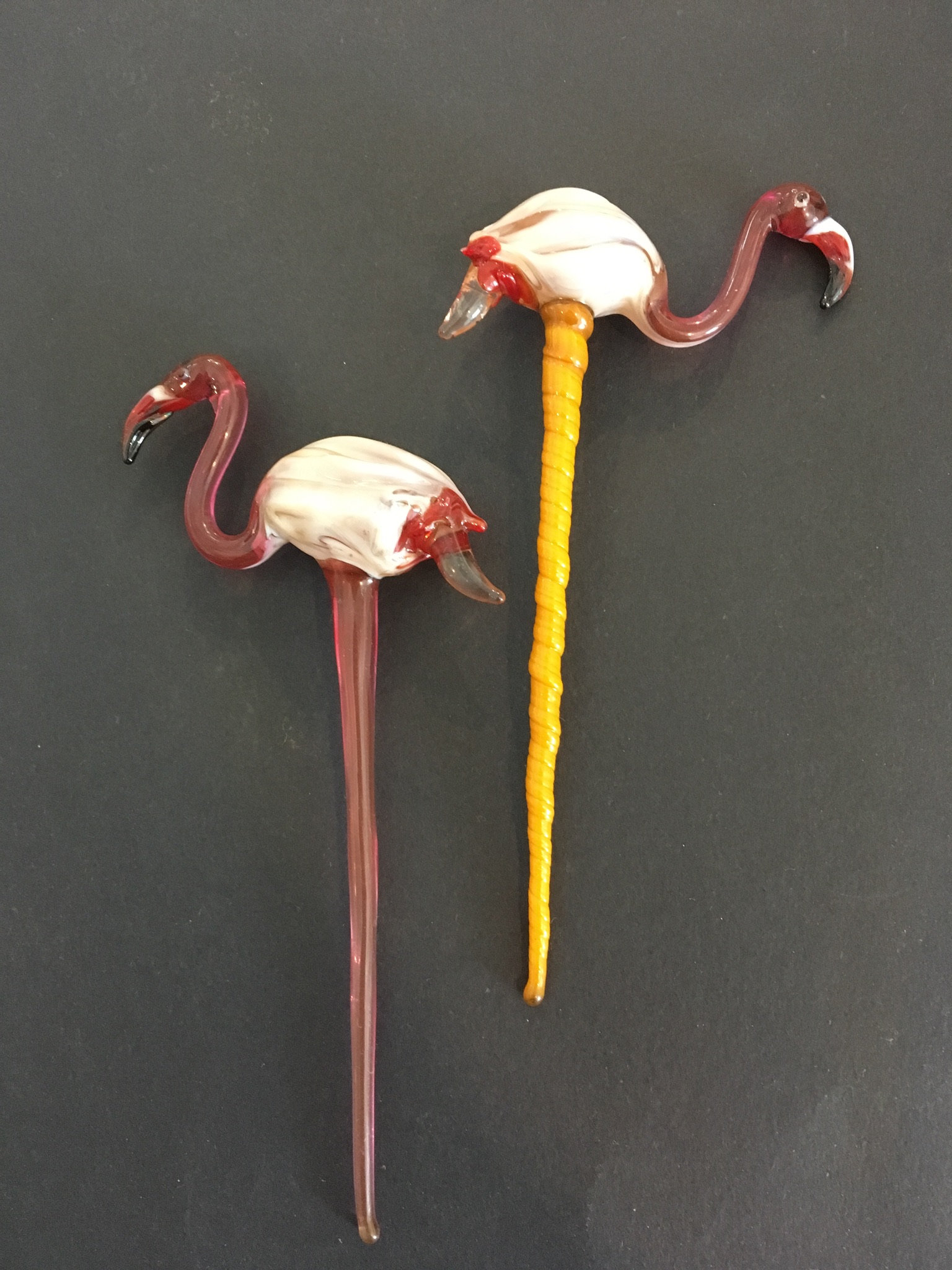Lockdown, or no lockdown, these glass workers of Firozabad have been suffering for decades
While the end product of these industries are beautiful, the conditions in which people work are abject and far from safe. They often suffer from respiratory problems, silicosis and other diseases


Firozabad, a small industrial town located nearly 200 km from the country capital, New Delhi, is known for its glass industry, particularly its famed bangles. The coronavirus pandemic, and the subsequent lockdown, is going to have an impact on all the industries. The artisans in Firozabad are not going to be insulated either. Here’s a glimpse into the world of glass workers of Firozabad. Pandemic, or no pandemic, they have been suffering for many years now.
When you think of colourful beads, gorgeous glass lamps and beautiful cut glass beer mugs, what comes to your mind? If Murano, Sweden or any other European country is your first thought, think closer home!
Firozabad, the glass hub of the country, is a small town in Uttar Pradesh, an hour’s distance away from Agra. More than 80% of all utility-based glass products for India’s domestic market is produced in this city for many decades now.
Under the patronage of the sultanate, Persian glass artists were said to have been brought to teach glass lampworking to the local artisans to cater to the king’s needs. This simple lampwork process evolved to become an industrial process so well established, it dominates the glass market now.

Firozabad falls in the Taj quadrilateral. Cities within the 50 km perimeter to Tajmahal are prohibited from allowing operations of pollution producing manufacturing units. Firozabad was once notorious for being the most polluted city in the country when the fuel for industries was coal. After falling in the quadrilateral, industries have switched over to cleaner fuels like gas.
This city is known mainly for its bangle industry. More or less the entire city is involved in the bangle-making process. While the uncut bangles are produced in micro and small establishments, decoration of plain bangles is done by women at home. One can see this unique sight of a cart full of bangles in all hues, carted all over the city, every day, to home deliver them for the decoration process.
Innumerable designs are applied on these gorgeous bangles which adorn wrists of hundreds of thousands of girls and women of all ages, religions and status. Culturally, bangles have been the most visible indicators of the status in the life of a woman. Be it marriage, or a festival or even death, bangles have been strong colour-coded symbolic signifiers.
However, there is a lot more to Firozabad than just bangles. It is one of the most important industrial clusters for mass production of utility and decoration-based glass products through automatic and manual glass blowing process. It has been catering to tableware, automobile, lifestyle accessories, lighting and many more markets. These industries also operate as anonymous production houses for some of the most expensive and famous perfume and accessory brands in the world to create the most gorgeous artefacts.

The process of making industry-based glass products goes through two different processes — glass blowing and manual finishing processes. The molten glass transforms in the hand of these amazingly-skilled craftsmen to artefacts that one does not discard away, but preserve for a second use or as a collection. In a world dominated by one-time use, cheap materials with very low value, glass stands out as a highly-valued collectible material.
This city is also home to a community of craftsmen who practice lamp work with glass rods to create a wide variety of exemplary handcrafted products. Lamp work is practised by Muslim and Hindu artisans. Glass rod is melted on a flame torch, to be shaped into complex, fluid and outstanding sculptural objects of beauty and use. Their skills are comparable if not better to the best glass artists in the world.
However, as is with any craft and its craftspeople, they live in unfortunate anonymity and poverty. Under-recognised, fighting to get minimum orders to survive, uncomfortable living and working conditions and constantly cheated by middlemen, shop owners, many of them are ready to hang their boots and move on to something stable, better paying, less humiliating and less frustrating. Even if it means leaving behind a skill that’s unparalleled. It will be an irreversible loss to the country if it loses this gem.

While the end product of these industries and craft sector are beautiful, the conditions in which people at shop floor work, are abject and far from safe. Initial processes of glasswork happen at very high temperatures. Industries offer a basic minimum level of facilities to their workers, but they are nowhere enough. Constant exposure to hot air, blinding brightness of molten glass, overcrowded, often under-ventilated conditions and inhaling microparticles of silica (basic raw material for glass) results in respiratory problems, silicosis, reduced vision, severe dehydration and other diseases, eventually reducing the worker’s lifespan.
Strict laws for working conditions, proper wages, health monitoring and other measures are required to ensure workers are not exploited, and their health is prioritised.
Next time when you pick that mesmerising glittering piece of glass, remember the effort gone into making it by some person sweating it out in an industry and value it for more than its beauty. When buying a handcrafted piece in a craft fair, do not haggle.
Swagata Shrivastava is an Associate senior faculty, and head, ceramic and glass department, at the National Institute of Design, Ahmedabad.
(Views are personal)

